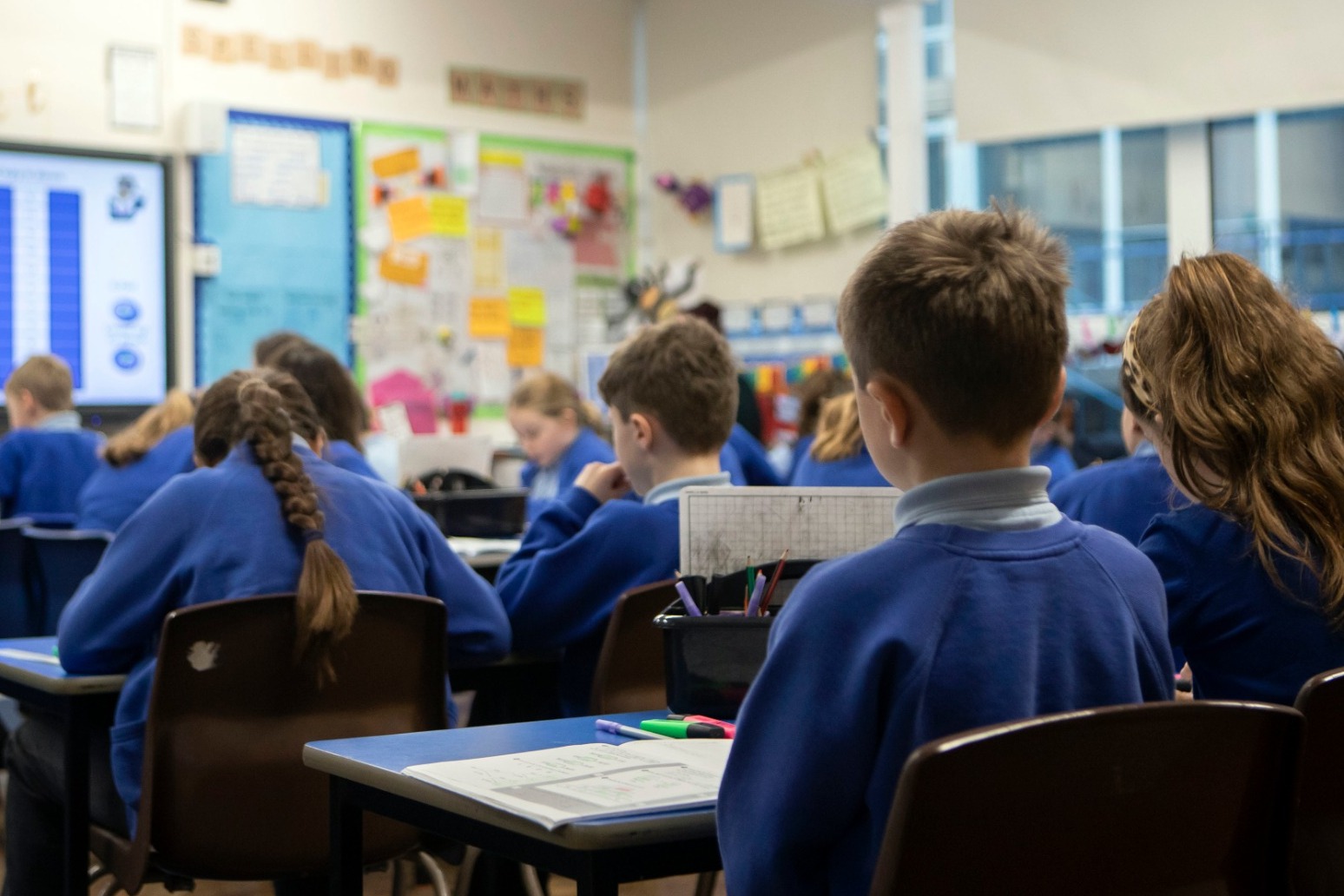
Study to probe impact of coronavirus restrictions on language learning
The impact of the coronavirus lockdown on UK pupils whose mother tongue is not English is to be the subject of a study, amid concern that school closures may harm their learning of the language.
While some fear that missing classes may disadvantage children who learn English as an additional language, other researchers believe that the time away from school may benefit these youngsters, claiming that a stronger grounding in their mother tongue could improve language learning overall.
A study by Cambridge University, Reading University and partners is asking multilingual families to complete an online survey as researchers seek to learn more about the impact of coronavirus restrictions on language learning.
Dr Naomi Flynn, Associate Professor of Primary English Education at the University of Reading's Institute of Education, said: "It is natural for parents of bilingual or multilingual children to be worried about the impact of school closures on their child's learning of English.
"For many families, school is where the children speak English, and home is where they speak their first language.
"If that is the case, my advice for parents is to continue doing this.
"These are unprecedented times so now is not the time to start speaking a different language at home.
"Research shows that a strong foundation in your first language helps when learning a second or third language so this will not be a hindrance when they go back to school."
Around 300 different languages are spoken in the UK, according to the Government's School Census, and more than one in five primary school children speak English as an additional language.
Professor Ludovica Serratrice, director of the Centre for Literacy and Multilingualism at the University of Reading, said: "At the moment, we don't have a good picture of multilingual families' attitudes towards language in general, so it's difficult to understand what impact the lockdown will have.
"So much of this is shaped by parents' feelings and beliefs.
"Families might, for example, change their policy on what language is spoken in the home while schools are closed.
"We want to understand what is driving their approach, and what this might mean for children's education."
Co-researcher Dr Elspeth Wilson, from the Faculty of Education at Cambridge University, said: "This is clearly a situation in which young people's exposure to language is changing massively, but it's not simply about English language development.
"Spending more time with their home language could have a number of effects, including possible benefits.
"By finding out more about this, we should be able to provide useful information both for education professionals, and multilingual families themselves."
She said that more frequent contact with a child's mother tongue "may actually improve their interest in language learning, and it could lead to stronger relationships at home and in their wider family".
Researchers are inviting multilingual families in the UK and Ireland, who have at least one child under the age of 18, to participate in the survey.
Participating families must be living together during the lockdown period and speak a language other than English.
All contributions will be anonymous, with participants asked to complete online questionnaires at three different stages: during the closures, when schools reopen, and in April 2021.
They will also be invited to participate in an optional interview.
Findings will be fed back to policymakers, schools and families in a bid to support the development of multilingual children following lockdown.
Published: by Radio NewsHub